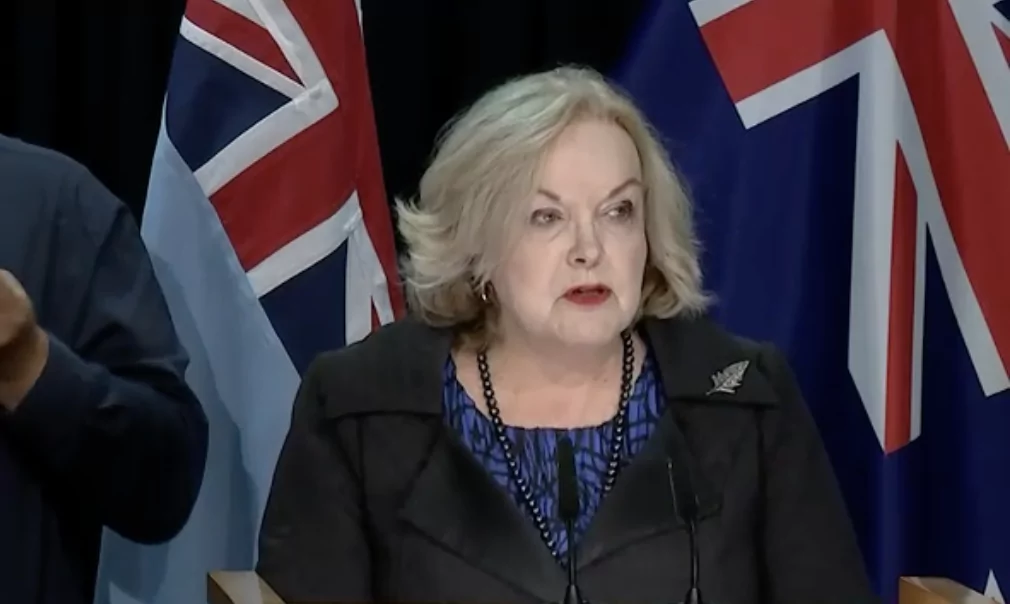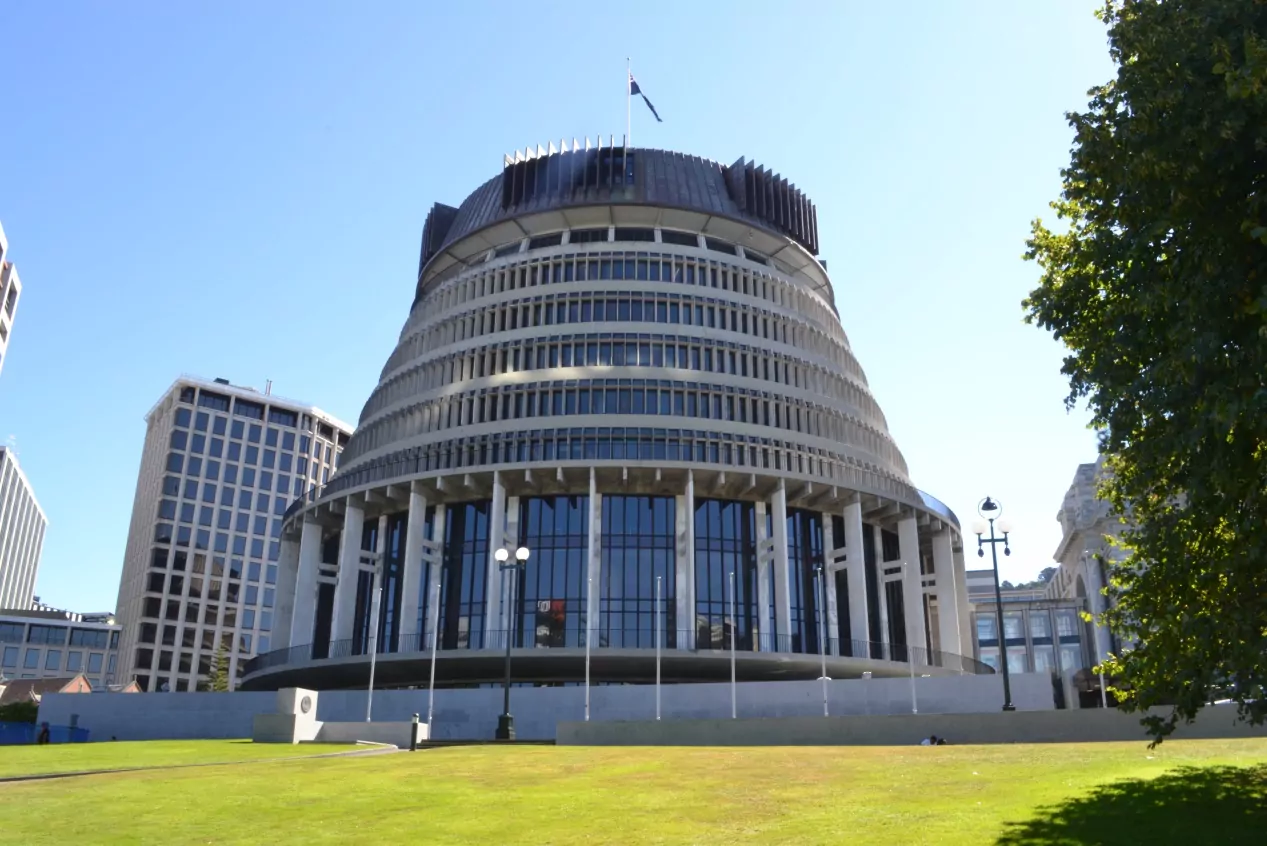OPINION: The reporting of Golriz Ghahraman’s shoplifting scandal by the New Zealand media has exposed their left leaning bias again.
When the media turns a case of legal transgression into a sob story, it’s not just bias – it’s a dereliction of duty.
The narrative spun around Ghahraman has been dangerously one-sided.
Stress as a factor in human behaviour is understandable, but it is no carte blanche for illegal actions.
The media’s portrayal of Ghahraman as a victim of her circumstances, rather than an offender, sets a perilous precedent.
It sends a message that accountability can be sidestepped if one can muster enough sympathy.
The Green Party press conference was a mockery of journalism.
It resembled less an inquiry and more a theatrical performance, with reporters meekly accepting a pre-packaged narrative.
This wasn’t journalism; it was public relations. When did our media lose its spine, trading hard questions for comfortable narratives?
Look at the far left online magazine The Spin Off’s coverage for example. Their article “The dramatic exodus of brown women from parliament is no surprise” is a prime example of lazy journalism.
It’s as if their ability to analyse any situation is handcuffed by their obsession with race.
By focusing on Ghahraman’s ethnicity, they ignore a myriad of other factors, simplifying a issue into a single-dimensional narrative.
Then there’s Stuff’s decision to consult Joanna Kidman, whose contributions mirror her Twitter feed – high on racist rhetoric, low on substance.
This individual, notorious for deploying racially charged tweets against anyone whose views deviate from her own, continues to promote her extreme viewpoints.
The media’s failure to scrutinise the Green Party’s response to this saga is another glaring omission.
Political accountability seems to be off the table for discussion, overshadowed by a narrative that suits the media’s agenda.
This isn’t just a missed opportunity for robust political journalism; it’s a conscious choice to ignore a crucial aspect of the story – crime.
In my personal interactions, Ghahraman has appeared intelligent, articulate and likable.
Yet, this personal charisma should not be a veil that blinds the media from its responsibility.
Empathy is essential, but it cannot replace the core principles of journalism – integrity, impartiality, and the pursuit of truth.
The media’s role as the fourth estate is too crucial to be compromised.
What we need is a media that dares to challenge, not one that cowers behind convenient narratives.
It will be intriguing to observe whether, in the aftermath of judicial proceedings, the media begins consistently labels Ghahraman as “disgraced.”









